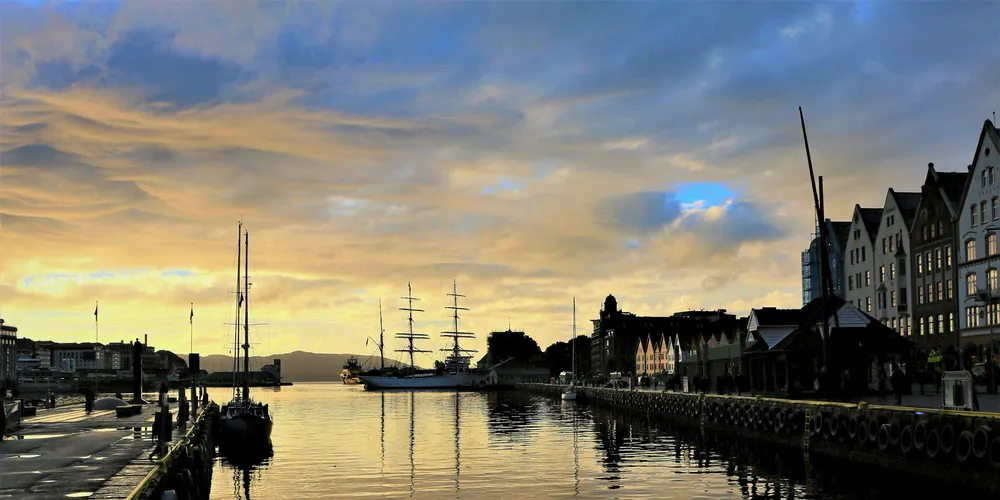Women in Seafood Leadership Summit: 'Culture eats strategy for breakfast'
The second IntraFish Women in Seafood Leadership Summit in Bergen, Norway raised the bar in highlighting the importance of diversity in the seafood workforce.

The second IntraFish Women in Seafood Leadership Summit in Bergen, Norway raised the bar in highlighting the importance of diversity in the seafood workforce.
